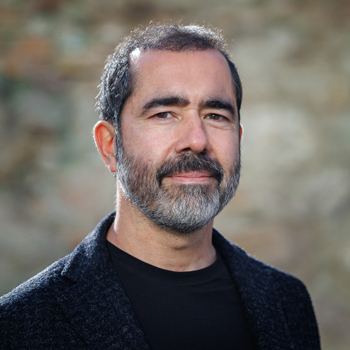Kaleidoscope Eduard Vallory
4. Kaleidoscope
Educational transformation: from preschool to university

Eduard Vallory, president of the UNESCO Centre of Catalonia and director of Escola Nova 21
‘Our first duty is to raise awareness, to shake the world on the extent of this crisis. Then we need a paradigm shift in how we teach and how we learn, and this calls for transformation, innovation and support to teachers.’ This was the emphatic message delivered by Professor Stefania Giannini, Assistant-Director-General for Education at UNESCO, in July at the United Nations High-Level Political Forum, which monitors progress on the Sustainable Development Goals (SDGs).
Giannini, former rector of the University of Perugia and subsequently the Italian Minister of Education, Universities and Research, is today the senior education official in the United Nations system and leads actions to achieve the objectives proposed in the Incheon Declaration (Education 2030): to ensure inclusive and equitable quality education and promote lifelong learning opportunities for all.
The key element is the Declaration’s ambitious definition of what ‘quality education’ means today: ‘Quality education fosters creativity and knowledge, and ensures the acquisition of the foundational skills of literacy and numeracy as well as analytical, problem-solving and other high-level cognitive, interpersonal and social skills. It also develops the skills, values and attitudes that enable citizens to lead healthy and fulfilled lives, make informed decisions, and respond to local and global challenges through education for sustainable development (ESD) and global citizenship education (GCED).’
The educational transformation needed for this quality education to reach all children and young people involves updating the system, using existing knowledge about how we learn. This was the starting point for the Catalan schools and organizations that, in 2016, decided to launch the Escola Nova 21 partnership for an advanced education system.
Nearly 500 primary and secondary schools have been working these last three years towards implementing an update as defined in the ‘advanced school framework’ established and debated, three years ago, at UPF at the Symposium on Educational Change, which was jointly organized by Escola Nova 21, UNESCO and the OECD. This framework has four interdependent dimensions: an educational purpose aimed at developing competencies for life; learning practices based on knowledge about how people learn; competency-based and formative, continuous and holistic assessment; and a living organization that is updated through innovation.
Updating schools thus means updating their aim (purpose), specifying it in the competency-based curriculum and, therefore, disruptively updating practices (how students learn) and, along with them, the role, profile and training of teachers. This transformation also calls upon higher education. To this end, in 2017, the Interuniversity Council of Catalonia (CIC) created the Margalida Comas Programme to enhance university teaching and learning. Last year, the programme organized a conference featuring the director of the International Bureau of Education, Dr Mmantsetsa Marope. Marope stressed the urgency of transforming educational curricula around the world to generate learning that enables children and young people both to respond to the challenges of a rapidly changing world and to improve it. ‘We need to reorient curricula to make them competence- rather than subject-based. To do that, we will need to transform teaching, learning any assessment.’ A quality education in keeping with the challenges of the 21st century: that is the challenge today for all education, from preschool to university.
